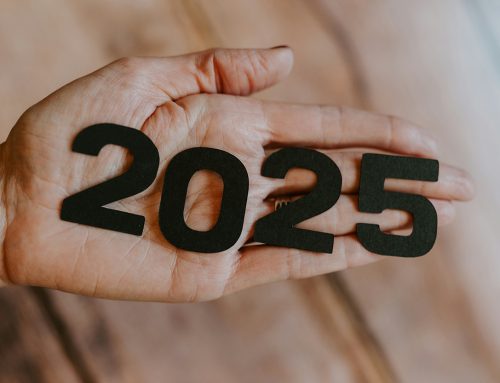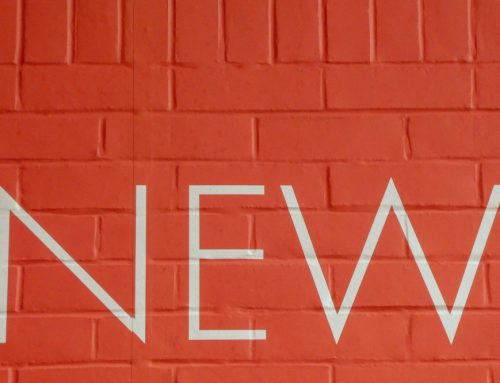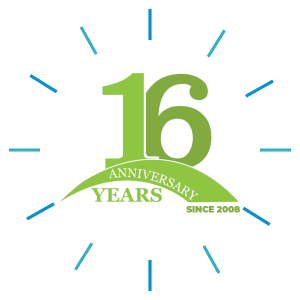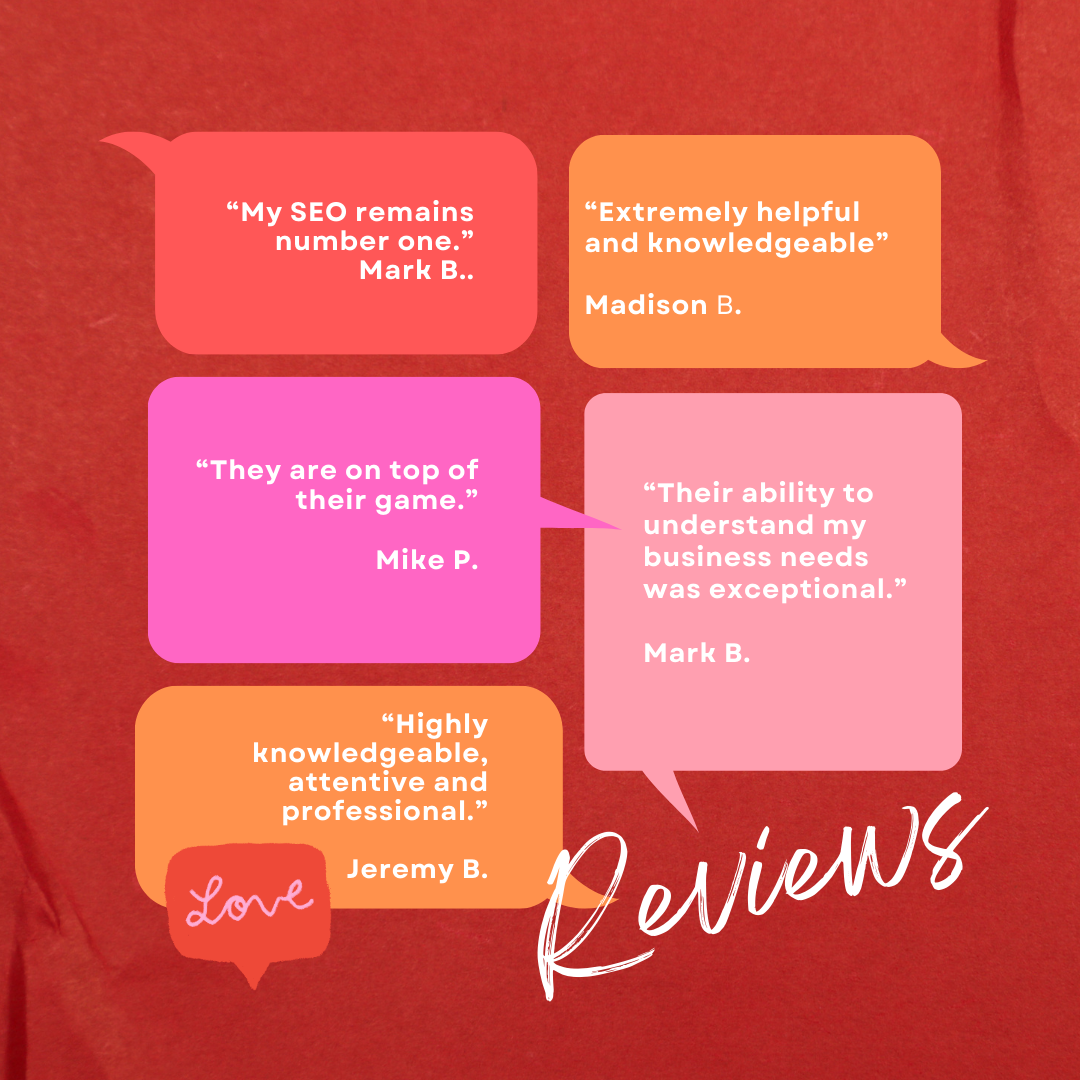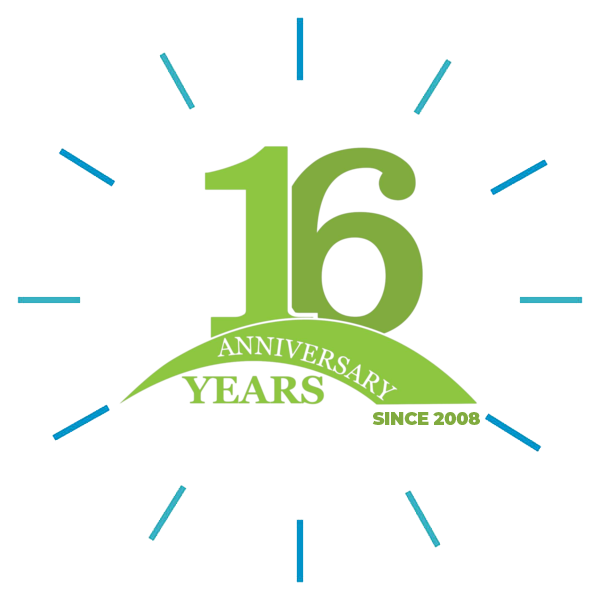A well-designed website is often the first point of contact between a business and its potential customers. Whether you’re starting a new venture or revamping an existing online presence, finding the right web designer is crucial to your success. A skilled web designer can translate your brand identity into a visually appealing and user-friendly website that engages visitors and converts them into loyal customers. However, not all web designers are created equal. To ensure you get the best results, you need to know what to look for in a good web designer.
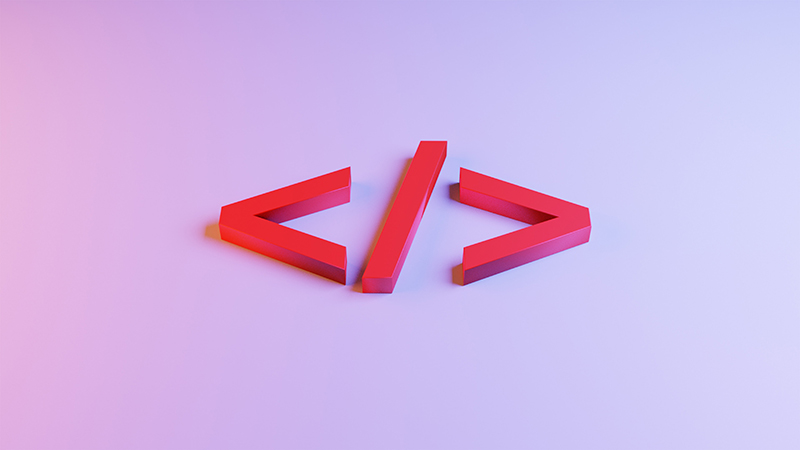
In this article, we’ll explore the top 10 things you should consider when searching for the perfect web designer:
- 1
Portfolio of Previous Work
One of the first things you should examine when evaluating a web designer is their portfolio of previous work. A strong portfolio demonstrates the designer’s experience and expertise in creating diverse websites. Pay attention to the variety of projects they have completed and whether their style aligns with your vision. A web designer with a robust portfolio can provide insights into their design aesthetic, creativity, and ability to tailor solutions to different industries and client needs.
- 2
Responsive Design Expertise
In today’s mobile-centric world, responsive design is non-negotiable. A good web designer should be well-versed in creating websites that adapt seamlessly to various screen sizes and devices. Responsive design ensures that your site looks and functions flawlessly on smartphones, tablets, laptops, and desktops. Ask potential designers about their approach to responsive design and request examples of mobile-friendly websites they’ve developed.
- 3
User Experience (UX) Design Skills
User experience (UX) is a critical aspect of web design. A good web designer understands the importance of creating a website that not only looks great but also provides an excellent user experience. Effective navigation, intuitive layouts, and clear calls to action are just a few elements that contribute to a positive UX. Look for a designer who can discuss their approach to UX and how they prioritize the user journey on your website.
- 4
Search Engine Optimization (SEO) Knowledge
An aesthetically pleasing website is essential, but it won’t be effective if it doesn’t rank well in search engine results. SEO is a complex field, and a good web designer should have a basic understanding of SEO principles. They should know how to optimize your website’s structure, meta tags, and content to improve its visibility on search engines. Inquire about their knowledge of SEO best practices and how they plan to integrate them into your website design.
- 5
Clear Communication Skills
Effective communication is key when working with a web designer. They should be able to understand your business goals, brand identity, and vision for the website. Additionally, they should be responsive to your inquiries and able to explain their design choices and recommendations clearly. Look for a web designer who listens to your ideas, asks relevant questions, and communicates openly throughout the design process.
- 6
Collaborative Approach
Web design is a collaborative effort between the designer and the client. A good web designer should be willing to involve you in the decision-making process and seek your input at various stages of the project. They should value your feedback and be open to making revisions based on your preferences. A collaborative approach ensures that the final product aligns with your vision and goals.
- 7
Strong Problem-Solving Skills
The web design process often involves overcoming technical challenges and addressing unexpected issues. A good web designer should have strong problem-solving skills and the ability to find creative solutions to complex problems. They should be resourceful and adaptable, capable of handling any obstacles that may arise during the design and development phases.
- 8
Attention to Detail
A well-designed website is characterized by its attention to detail. From typography and color choices to image selection and spacing, every element should be carefully considered. A good web designer has a keen eye for detail and takes pride in delivering a polished and visually appealing final product. They should ensure that every aspect of your website is consistent and aligned with your brand’s identity.
- 9
Up-to-Date Knowledge of Design Trends and Technologies
The field of web design is constantly evolving, with new design trends and technologies emerging regularly. A good web designer stays up-to-date with the latest industry trends and tools. They should be knowledgeable about responsive design frameworks, content management systems, and design software. Ask about their commitment to professional development and how they plan to incorporate the latest design innovations into your project.
- 10
References and Reviews
Finally, before making a decision, it’s essential to check references and read reviews from previous clients. This step provides valuable insights into the web designer’s reliability, professionalism, and ability to meet deadlines. Contacting references allows you to ask specific questions about their experiences working with the designer and the outcomes of their projects.
Finding a good web designer is a crucial step in creating a successful online presence for your business or personal project. By considering these ten key factors, you can make an informed decision and select a designer who not only has the technical skills but also the creativity, communication abilities, and problem-solving mindset necessary to bring your vision to life. Remember that a well-designed website can be a powerful tool for attracting and retaining customers, so investing in the right web designer is an investment in your online success.



